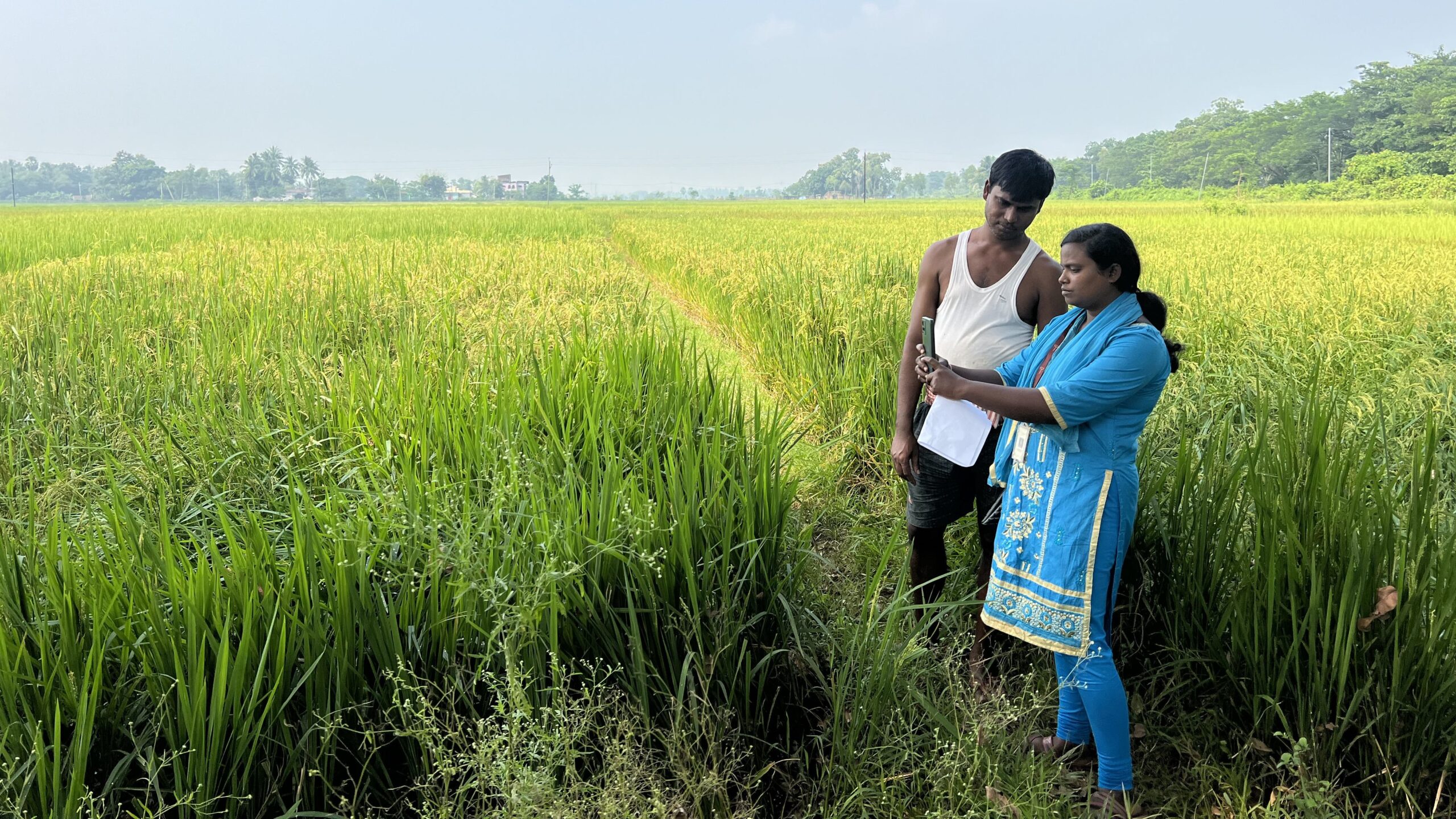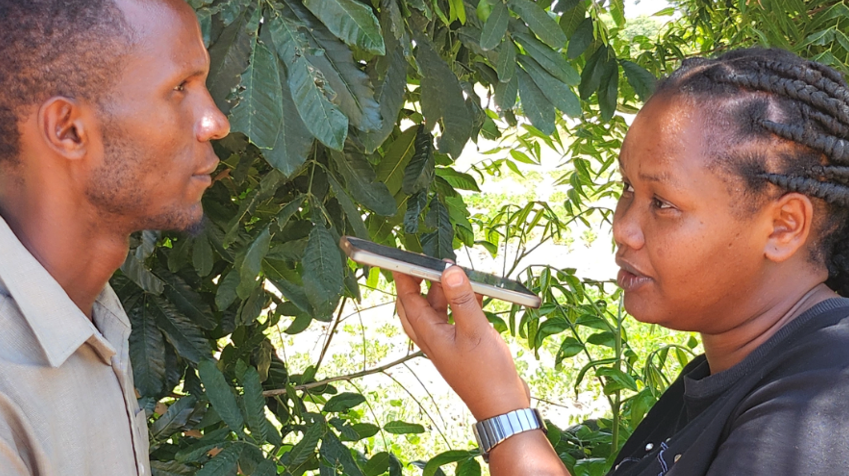More than 355 regional trade agreements are currently in existence around the world, and they play an important collective role in a global economy beset by climate impacts, post-pandemic effects, and conflicts such as the Russia-Ukraine war. The development of efficient and sustainable value chains is becoming increasingly linked with these regional agreements. The Bay of Bengal Initiative for Multi-Sectoral Technical and Economic Cooperation (BIMSTEC) is one such organization that acts as a bridge between South Asia and Southeast Asia, regions that are collectively home to 1.8 billion people with a combined GDP of $3.6 trillion.
On March 5, IFPRI signed a Memorandum of Understanding (MoU) with the BIMSTEC Secretariat in Dhaka, Bangladesh, with the aim of contributing towards achieving a sustainable and inclusive food, agriculture, and trade transformation in the region. IFPRI, with support from the Bill & Melinda Gates Foundation and the BIMSTEC Secretariat, is conducting research and facilitating capacity sharing in the region to help realize BIMSTEC’s full potential in the agrifood domain. IFPRI has developed a conceptual framework for BIMSTEC that incorporates the interrelationships across economic activity and commerce, environment and climate change, and development including poverty and food security.
Johan Swinnen, Director General, IFPRI, and Managing Director, Systems Transformation, CGIAR, emphasized the importance of the integrated approach that characterizes regional bodies like BIMSTEC and which helps them to analyze “the interconnectedness of economic, social, environmental, and geographic linkages across the region, as well as learn from each other’s experiences.” Stressing the need for cooperation in the times of the “Three Cs—climate change, conflict, and COVID,” he said it was vital that organizations draw on all available skills, capacities and engagements with partners to address these constantly evolving challenges, and that this new partnership with BIMSTEC will help ensure that IFPRI’s research remains relevant to policymaking.
H.E. Tenzin Lekphell, Secretary General, BIMSTEC, said: “By working with BIMSTEC, IFPRI can leverage its expertise and knowledge to help the region address its challenges more effectively.” A recently-adopted action plan to strengthen cooperation to reduce poverty and ensure food security and nutrition, will also help in this regard, he said.
To accelerate the intended process of transformation, agrifood trade, which is currently far below its potential in the region, must be more robust. This will build greater resilience to weather and price shocks, facilitate more affordable and nutritious diets, and improve farmers’ livelihoods by integrating them into regional value chains.
Devesh Roy, Senior Research Fellow, IFPRI, the lead researcher on the project, observed that the nature of trade has structurally changed, creating a need for incorporating recent innovations with granular data and what were once considered unconventional agrifood trade analysis methods into research. “Combining disaggregated data and methodological innovations will be a unique contribution to our understanding of the agrifood trade in the region,” he said.
Mashiur Rahman, Economic Affairs Adviser to the Prime Minister of Bangladesh, observed that “through trade, small-scale producers and farmers are also exposed to the associated risks and they need support and capacity for risk management if the trade is to be used as a tool for agricultural growth and transformation.”
The MoU also prioritizes revitalizing the agricultural (and rural) sector by introducing digital agriculture for on-farm technologies, promoting good agricultural practices, taking steps to ensure plant variety protection, increasing competitiveness of agricultural value chains, establishing farmer-friendly policy formulation, and facilitating the exchange of information on agricultural achievements among member countries.
Purvi Mehta, Global Growth and Opportunities, Bill & Melinda Gates Foundation, stressed the role of regional collaborations in providing opportunities for participants to learn together, and the importance of scaling up country-specific interventions and evidence, commenting that sharing ideas through this MoU will contribute towards inclusive agriculture growth.
Highlighting Bangladesh’s commitment as a founding member of BIMSTEC, Shabbir Ahmad Chowdhury, Secretary Bilateral (West), Ministry of Foreign Affairs, Bangladesh, remarked that the country will continue to work “towards facilitating stronger regional integration and cooperation, and will contribute towards the BIMSTEC mechanisms and purposes.”
Shahidur Rashid, Director, IFPRI-South Asia, said that the vision for the MoU is to help BIMSTEC develop a self-sustaining mechanism, a policy community of practice with access to and timely dissemination of relevant data and rigorous analytical tools and to enhance policy effectiveness for the well-being of people in the Bay of Bengal countries.
He also presented the BIMSTEC Agriculture Trade Monitor Plus (BATM+), a new tool designed by IFPRI researchers that offers access to disaggregated eight-digit trade data and provides high-frequency monthly information as well as data on seasonality. The BATM+ dashboard and its help in generating data-related analytical insights can make it a crucial tool for policymakers, researchers, and other stakeholders in the field of agrifood trade, he said.
Anisha Mohan is a Communications Specialist with IFPRI’s South Asia Regional Office.
Watch the MoU signing ceremony here. Learn more about the project here.






